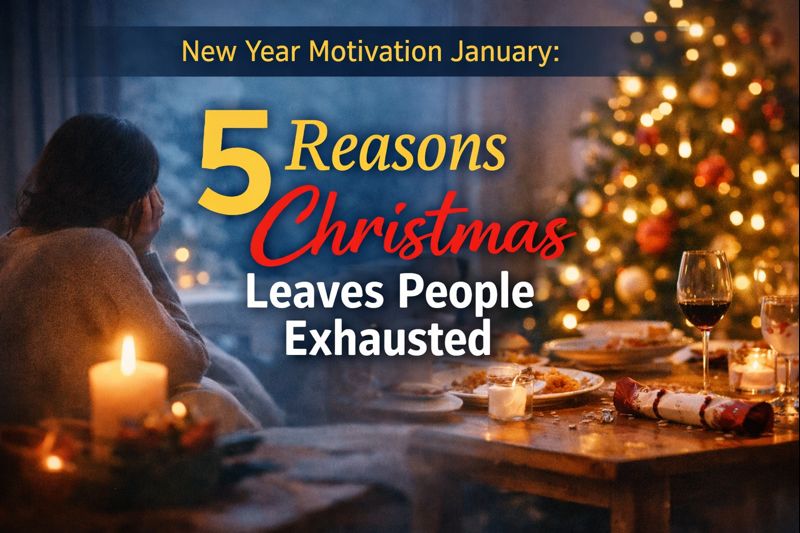Why ‘bring your whole self to work’ still feels risky—and what we need instead.
The Unspoken Rule Still Haunting Workplaces
By Mike Lawrence
“Leave your problems at the door.”
That’s what I was told starting out as a young lad in Sheffield.
Turn up. Crack on. Don’t complain. Don’t share.
And for a long time, that’s exactly what I did.
There was banter, pranks, and the chippy run if you were the apprentice. A friendly atmosphere on the surface. But if someone crossed a line with a racist joke or dodgy innuendo? You laughed it off. Speaking up wasn’t worth the risk.
Even the unions — your only outlet — carried fear. You never knew if a word said in confidence might come back to bite your career.
Later, in London, things looked sharper, faster, more professional. But the same rule applied:
If you wanted to get on, you kept your mouth shut.
That phrase followed me: leave your problems at the door.
Fast-Forward to Today
Now the language has changed. Posters tell us to bring our whole selves to work. Companies run awareness weeks. Some even have wellbeing champions.
And yet… something still feels off.
Since COVID, our social muscles have weakened.
Eye contact is rarer. In shops. On the street. Even at the gym.
In the changing rooms, you sometimes see that awkward “locker dance.” Someone’s waiting, but instead of saying “Excuse me, mate”, they hover silently, willing you to notice.
Not all, but enough to notice.
It’s small, but telling.
We’ve lost the art of speaking up. We text more than we talk. We hide behind screens. We’ve become more reclusive, more guarded.
And at work? People carry stress, grief, and anxiety, but say nothing. Because deep down, they still believe the old rule applies: leave your problems at the door.
The Hidden Cost of Silence
This silence doesn’t just hurt people. It hurts businesses too.
Poor mental wellbeing costs UK employers £57.4 billion every year through absence, presenteeism, and turnover. That’s around £568 per employee, per year.
So, for a company with just 100 employees, that’s £56,800 lost annually.
Presenteeism alone — turning up but not being mentally present — drains an average of 44 productive days per employee, per year. That’s two whole months, gone.
Back in Sheffield, you’d never have admitted that. You showed up, no matter what. But the cost was always there — hidden in mistakes, fatigue, and burnout.
Now we can measure it. And it’s staggering.
ROI or Responsibility?
Deloitte found that for every £1 invested in workplace wellbeing, businesses see a return of £4.71.
The numbers are clear. But here’s the thing: why do we even need to justify wellbeing this way?
No one demands an ROI case study to pay the electricity bill. Or to hire managers. Or to keep the office secure. Those are seen as essential.
So why isn’t the wellbeing of your people treated the same?
Maybe the real question isn’t “Can we afford to invest?” but rather:
“How can we afford not to?”
The LEAKS Model: How Cuts Drain Your Business
Cutting training or wellbeing is like carrying water in a cracked bucket. At first, you think you’re saving money by not topping it up. But drip by drip, the loss becomes impossible to ignore.
Here’s where the leaks appear:
L – Loss of learning → skills stagnate, careers stall
E – Energy drops → motivation dips, satisfaction drains
A – Adaptability weakens → productivity falls, teams can’t pivot
K – Knock-on stress → trust erodes, wellbeing suffers
S – Stars leave → your best talent leaks out
And it’s not just about business performance.
Jeffrey Pfeffer, in Dying for a Paycheck, found that your manager has more impact on your health than your family doctor.
Think about that. When leaders cut growth and support, it’s not just careers they’re stalling. It’s wellbeing. Health. Even lives.
Breaking the Cycle in South Yorkshire
Here in South Yorkshire, I’ve seen organisations push back against this false economy.
Using funding through the South Yorkshire Combined Mayoral Authority, they’re keeping training alive even while budgets are tight.
It means more skilled staff. Stronger wellbeing. More resilient teams.
All without carrying the whole financial burden.
That’s not just smart economics. That’s leadership.
We Don’t Need Posters. We Need People.
I’ve seen what happens when workplaces move beyond slogans.
When leaders dare to ask, “How are you really?” — and mean it.
It doesn’t take grand gestures. Just humanity, consistency, and courage.
Because here’s the truth:
We won’t build better workplaces until we stop expecting people to leave their problems at the door.
Ready to Take the First Step?
If this struck a chord, here’s something simple:
👉 Try Brain.fm/mikelawrence — a free 30-day trial of science-backed focus and relaxation music I personally recommend. No cost. No catch. Just a tool to help you reset and recharge.
Then this week, choose one action:
Lead like the manager you always wished you’d had.
🟢 Because the world won’t change through posters.
It changes through people who care enough to lead differently.
— Mike
Mike Lawrence: Your Guide to Health & Wellbeing
I’m Mike Lawrence, a passionate advocate for mental health and wellbeing. After overcoming significant health challenges, including brain surgery, I’ve dedicated myself to a journey of self-improvement and helping others thrive. From heart-pounding skydives for charity to soul-enriching travels in Thailand, my experiences have shaped my approach to holistic health.
I love sharing the lessons I’ve learned from these adventures and the powerful audiobooks I devour. Let’s explore the paths to better mental and physical health together. Embrace life’s adventures with enthusiasm and resilience, and remember—you’re never alone on this journey!
Feel free to email me at hello@mikelawrence.co.uk or connect with me on LinkedIn. For more in-depth insights and inspiring stories, read my latest blogs here. Together, let’s create a healthier, happier future!





